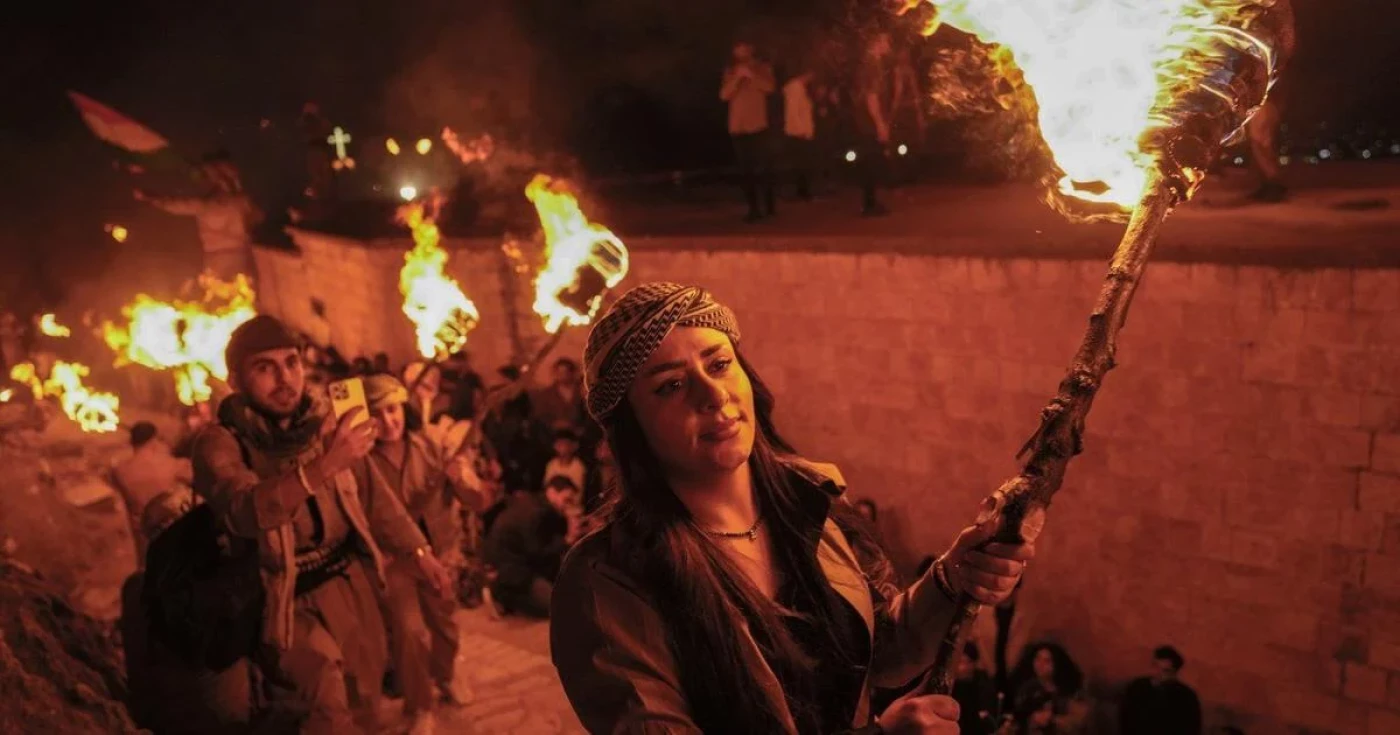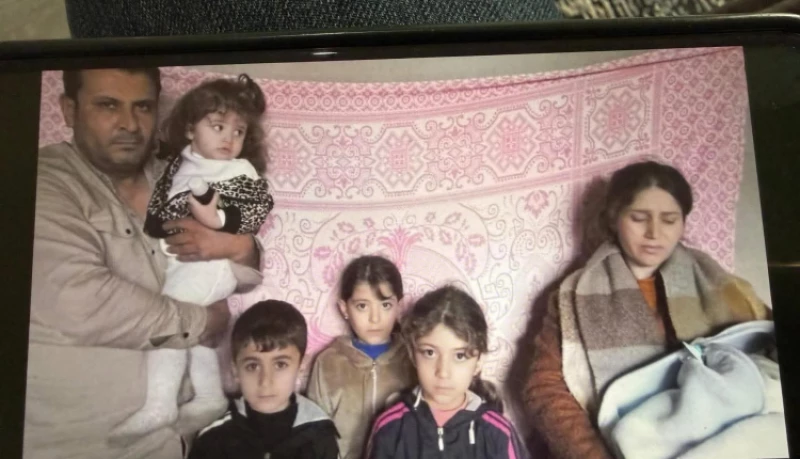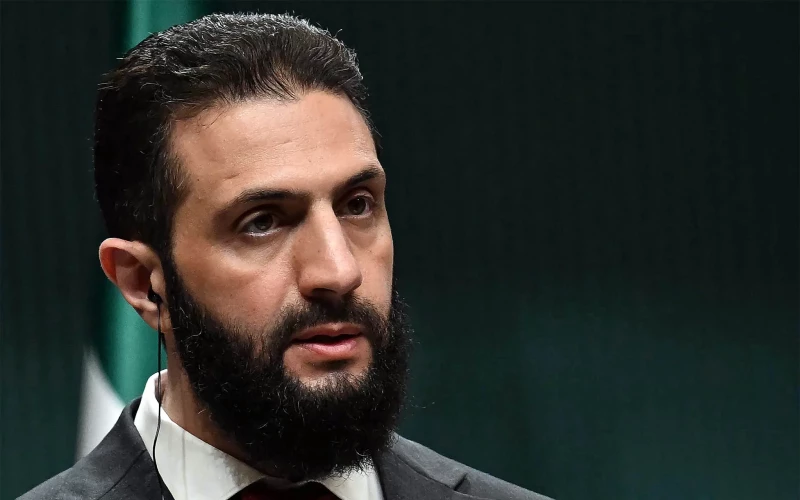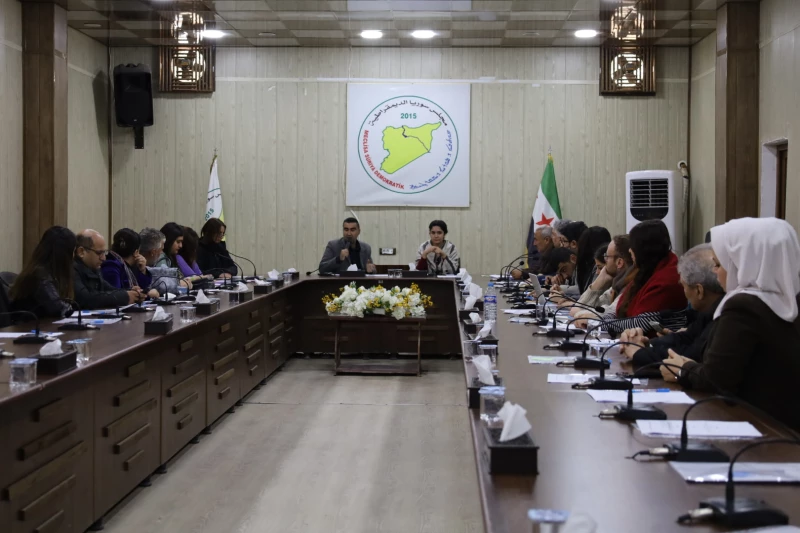ERBIL, Kurdistan Region of Iraq - Syrian President Ahmed al-Sharaa issued a decree on Sunday establishing 13 official paid holidays in Syria, notably excluding Newroz, the Kurdish New Year celebrated by one of the largest ethnic minority groups in the country. The decree, which recognizes Islamic and Christian holidays, coincided with elections in government-held areas for the country’s first post-Assad parliament.
The document, signed by Sharaa and carried by the state-run Syrian Arab News Agency (SANA), excludes the Kurdish holiday, putting in its stead Mother's Day on March 21.
Kurdish authorities in northeastern Syria (Rojava) condemned the elections as undemocratic, saying the new assembly is designed to cement Sharaa’s control.
Sharaa’s announcement comes a week after Faysal Yousef, spokesperson for the Kurdish National Council (KNC/ENKS), urged Damascus to “end discriminatory policies against the Kurds,” begin talks with the “true representatives of the Kurdish people,” and take goodwill steps such as “recognizing Newroz as an official holiday.”
Newroz, the Kurdish celebration of the spring, is observed by millions across the Kurdistan Region and Kurds in Turkey, Iran, and Syria, as well as by the Kurdish diaspora worldwide.
The development comes as Syria holds its first parliamentary elections on Sunday since the fall of Bashar al-Assad’s regime in December, marking a key test for Sharaa’s new government after more than five decades of Assad family rule.
The 210-member parliament will serve a 2-and-a-half-year term, with 70 members appointed by President Sharaa and 140 chosen through indirect voting overseen by a committee he selected.
Since Sharaa became interim president of Syria in early 2025, minority communities, including Kurds, Druze, Alawites, and Christians, have expressed growing apprehension about their future under his government.
Sharaa's administration introduced a constitutional declaration emphasizing Islamic jurisprudence and consolidating extensive presidential powers. These developments have raised fears among minorities that their rights and representation are being sidelined.
Sharaa’s administration has pledged to uphold human rights to meet international conditions for easing sanctions; however, recent actions toward the Kurds risk deepening tensions with the Kurdish-led Syrian Democratic Forces (SDF).
The strain comes despite a US-brokered March 10 agreement aimed at integrating Rojava’s institutions into the Syrian state and enforcing a nationwide cease-fire, an accord that has seen only limited implementation as the SDF and Damascus-affiliated forces have repeatedly clashed.
The SDF on Sunday announced that Syrian government-affiliated militants that morning used suicide drones in "an attack on a military vehicle in the vicinity of Deir Hafar, resulting in minor injuries to three" SDF fighters.
"These repeated attacks clearly reveal the Damascus government militants’ intent to create chaos and destabilize northern and eastern Syria," the group said in a statement.



 Facebook
Facebook
 LinkedIn
LinkedIn
 Telegram
Telegram
 X
X


